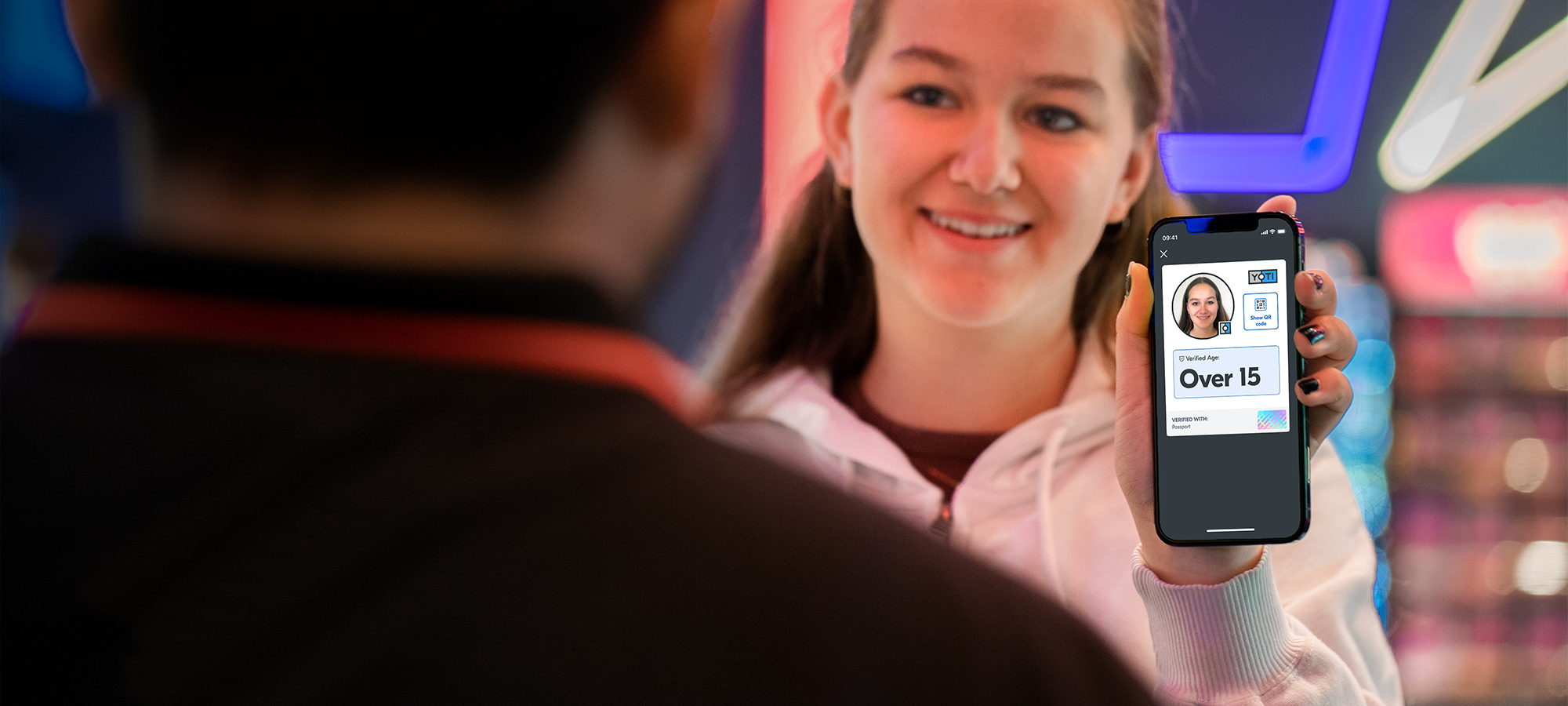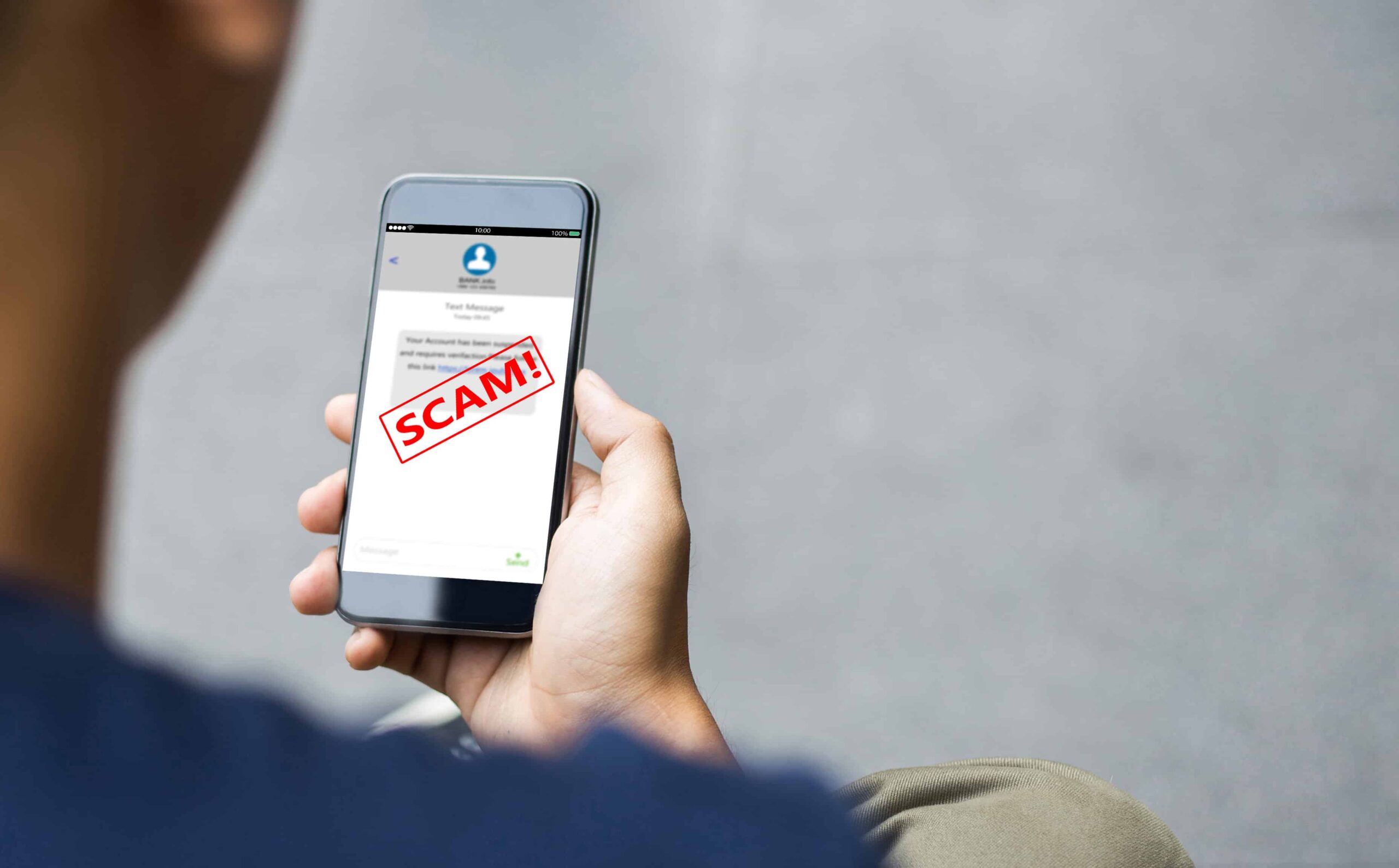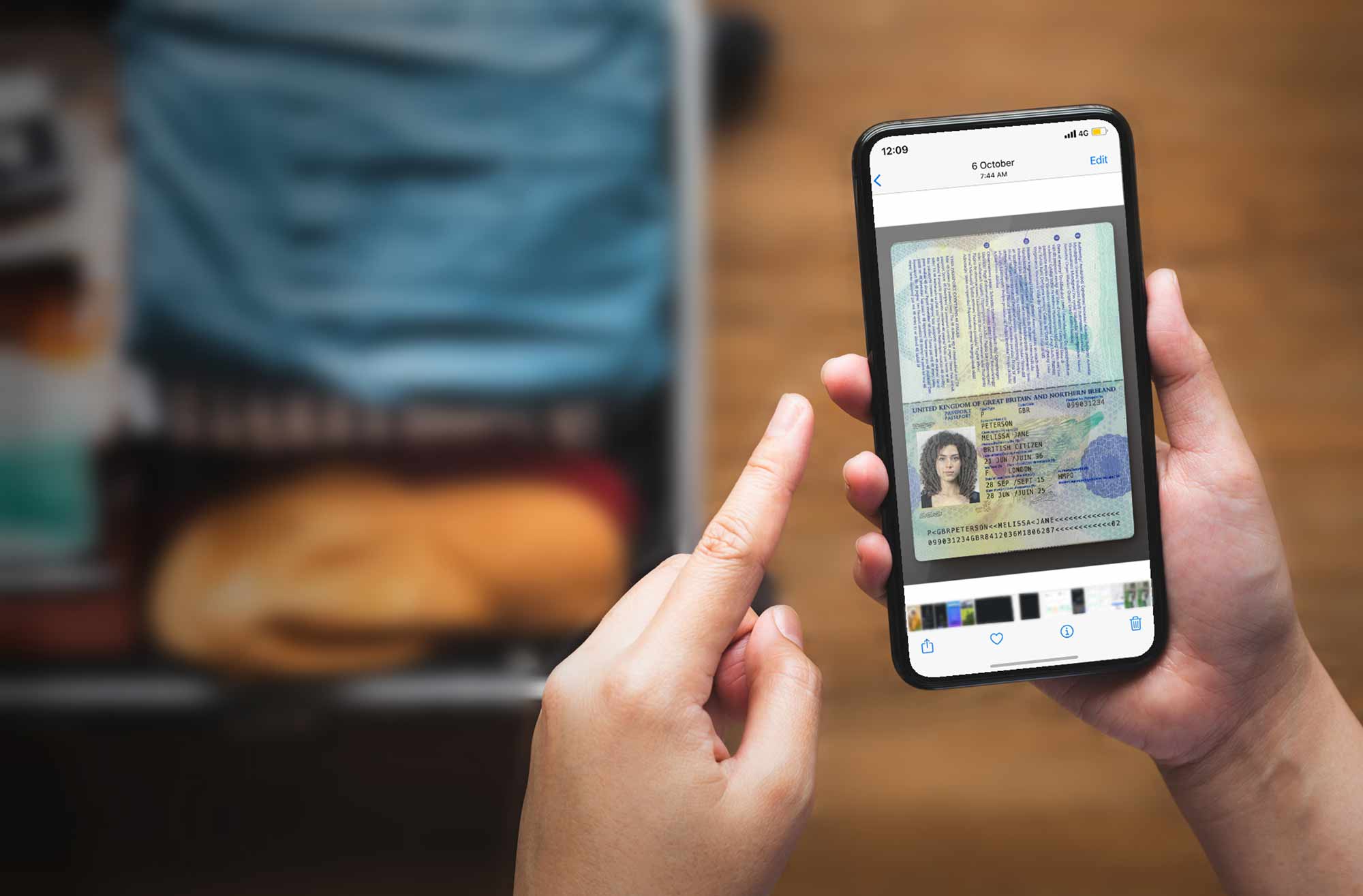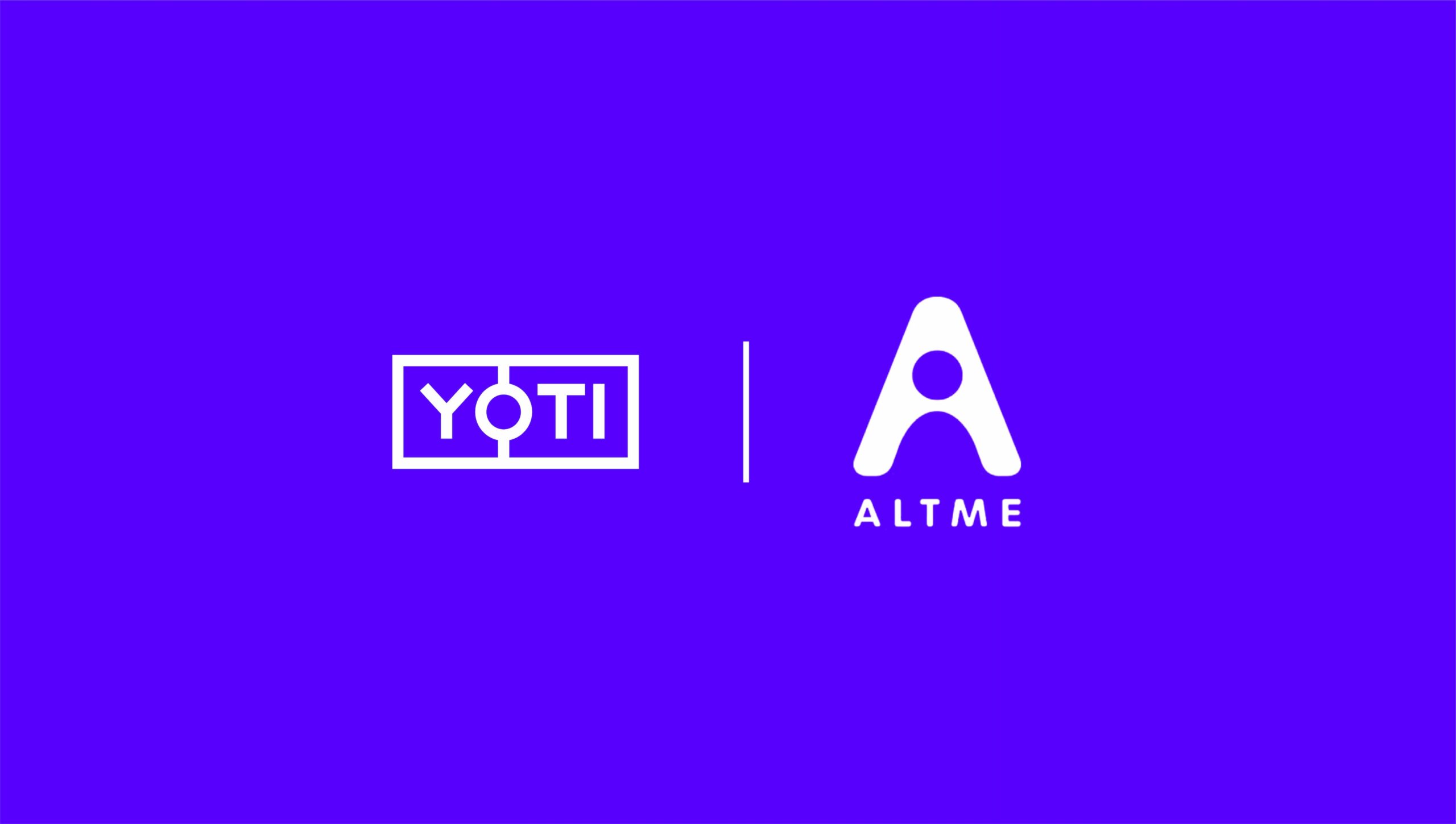How one of the world’s biggest cinemas is modernising age checks with Digital ID
“The issue of proving age is getting increasingly challenging. The introduction of digital ID is a trusted and robust way of checking ID and will support our staff, who are often on the frontline of any resulting customer frustration.” Kelly Drew Operations Director, Cineworld Cineworld is a leading UK multiplex cinema chain. We helped them: Give their customers a free, reusable Digital ID they can use to prove their age to see any film. Reduce aggression towards staff. Protect the privacy of their customers with a proof of age card that just says if they’re over
Myth busting age verification
When we’re asked to prove our age we typically show an ID document, like a passport or driving licence. In some instances, we may even show a credit card. But doing so results in us revealing a lot of personal information, like our full name, address or passport number. If a business needs to know we’re the right age for something, that should just be a yes or no answer. We shouldn’t need to share any personal information to prove we’re the right age. A new chapter is beginning though. One where we can prove our age, without risking our
How to stay safe online
With a new scam popping up every week, it’s never been more important to stay safe online. Here are some top tips for how to protect yourself and increase the security of your personal data. How to spot a fake email One of the most common scams involves criminals sending fraudulent emails and SMS that claim to be from a well-known company. This is known as ‘phishing’. These messages often link to fake websites and trick you into sharing personal and sensitive information. Here’s some helpful tips on how to spot a fake email Fraudulent emails often contain
Why you shouldn’t keep your passport picture on your phone
When we think of passports, we typically think of holidays and going abroad. But many people use them as their main form of identification, whether it’s getting into nightclubs, buying age-restricted items at the supermarket or proving their identity when buying a house. To make your life easier, you might store a picture of your passport on your phone, hidden away amongst your holiday snaps or the latest photo of your food, but did you know this puts your identity at risk? Exposing yourself to identity theft: Having your passport in your photos might be handy for when you
Everything you need to know about our facial age estimation technology
We’re really proud of our facial age estimation technology, but it’s important to us that we tackle some common misconceptions. So we’ve answered some of the most important questions we get asked about facial age estimation. What is facial age estimation? Our facial age estimation technology accurately estimates a person’s age based on a selfie. We built it to give everyone a secure way to prove their age without sharing their name or ID document. This privacy-friendly approach doesn’t require any personal details or ID documents, and all images are instantly deleted once someone receives their estimated age
Talao partners with Yoti
We’re pleased to announce a partnership with Talao, the Self-Sovereign Identity (SSI) Platform. Talao enables European companies and citizens to build a new future where their data and digital identities stay safe and owned by the individual. Talao has just launched Altme, an innovative digital wallet built on SSI technology. Altme wallet enables users to self-manage their digital identities, without depending on third-party providers like platforms or institutions. Just like a physical wallet, in which it is possible to carry ID cards and funds, Altme digital wallet can be used to gather and manage digital credentials and digital assets. Thanks






